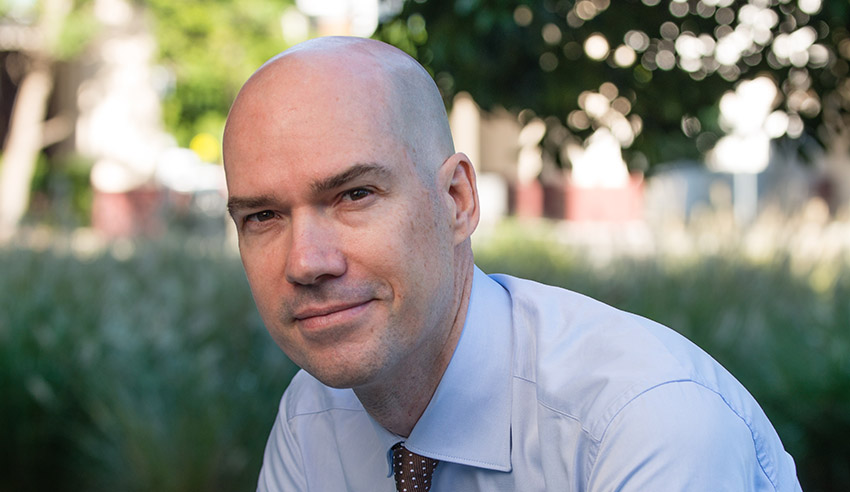There is no doubt flexible working is here to stay in law firms. Once tasted, the freedom and flexibility provided by working away from the office are not easily given up, writes Stuart J. Barnett.

With many law firms back in the office to varying degrees (not so much for Victorians) the question now turns to what this new model of working actually looks like. There is talk of a hybrid week, whereby staff are required three days in the office, or various versions of being in the office for set times.
Turf the whole office out and suddenly flexibility takes on a different perspective.
Leadership, not just flexibility, has also been disrupted, with those teams thriving working at home developing new levels of connectedness. In addition to the increased communication required for managing a team online, there is something very levelling about interacting with a partner who is at his or her kitchen table or has kids scurrying around in the background.
It chaffs at the heart of what is a very hierarchical business model and reveals a little vulnerability.
And this is something that needs to be capitalised on.
Good leadership involves vulnerability and is based on human connectedness of a shared experience. There is nothing quite like being in the trenches together to build team unity, but what might work well when in the extreme of an external adversity like COVID-19 is not sustainable in the longer-term unless leadership styles adapt.
Which means, more emphasis needs to be given to leadership. Full stop. For good leaders, not great leaders, are needed, not only to deal with the economic fallout from COVID but for the perennial issues of mental health and wellbeing of lawyers, which another training session or seminar by a wellness expert simply will not fix.
There are some great leaders out there (think of Richard Gordon at Clifford Chance, Mark Rigotti at Herbert Smith Freehills [former CEO], or Sue Kench at King Wood Mallesons, to name a few) but its leadership in the teams, at the partner level that really needs the attention, for this is where the culture is really set in law firms.
Sure culture might be set at the top, by managing partners, CEO partners, boards and executive leadership teams, but lift the covers up on any BigLaw firm and you will find a multitude of variations of that culture (and some quite contrary) all based around the personality of a department or practice head, or an individual partner in a team. To shift the culture you need to dig down into the leadership skills of individual partners.
Equipping senior lawyers with leadership skills has its inherent challenges; namely, good leadership takes time, and your best lawyers are terribly busy, hectic even, largely on the tools or seeking new work; most often, both.
This pace tends to drive behaviour of doing the minimum to get a result when it comes to managing a team, people may not be put last, but they definitely get regulated down the priority list, only rising to the top when there is an obvious problem.
This combined with the reality that the best talent rises through the ranks of the law firm largely based on their technical ability and business development skills, not so much on their people or leadership skills (although they are not mutually exclusive), means that it is not too difficult to find senior lawyers without a great grasp on what good leadership looks like, and very little time to do anything about it.
The time-based business model tends to drive short-term thinking, combined with hierarchical nature of law firms and that fact that being a rainmaker can cover a multitude of sins, can lead to a tendency for leadership to come into focused only when there is a problem, not as an absolute necessary part of being a great lawyer and building a great team.
The silver lining for BigLaw in COVID-19 may not just be a more flexible working place but also one that places greater emphasis on lawyer wellbeing, which means placing people first and providing partners with the support they need to be great leaders of their teams. Nothing quite changes the culture for the better than behaviours being modelled by partners.
Stuart J. Barnett is a thought partner and executive coach.